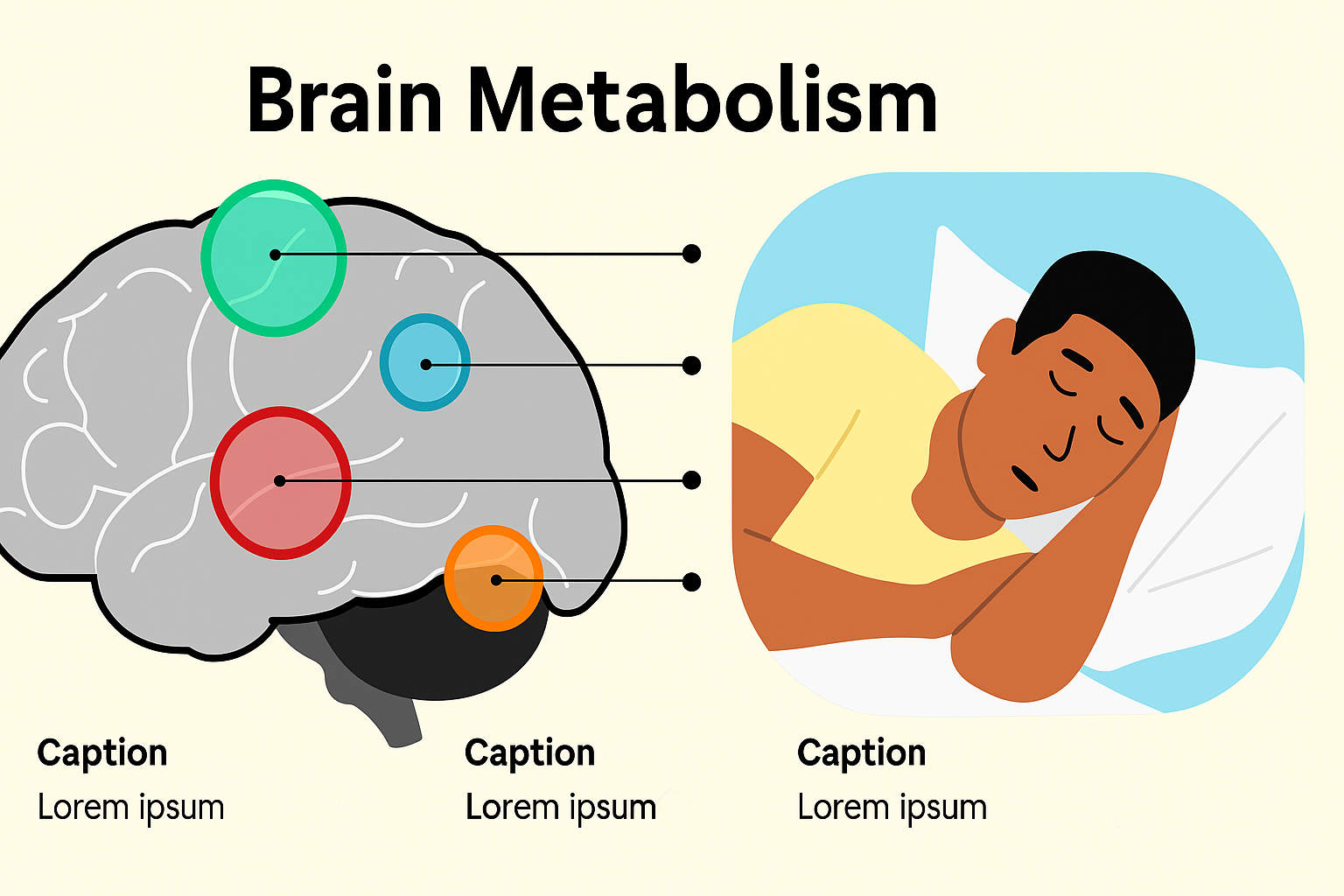Why Sleep Is Driven by Brain Metabolic Stress [7 Key Insights]
Introduction
Sleep is one of life’s enduring mysteries. Humans and animals alike spend a significant portion of their lives asleep, yet the precise trigger for tiredness—known as "sleep pressure"—remains largely unexplained. Recent research highlighted by The Economist suggests that sleep may be driven by metabolic stress in the brain, not just physical fatigue. The study, published on July 16, 2025, points to mitochondrial activity in neurons as the central mechanism prompting sleep.
1. The Study’s Core Discovery
Researchers at the University of Oxford, led by Professor Gero Miesenböck and Dr. Raffaele Sarnataro, used fruit flies (Drosophila melanogaster) to study sleep regulation. Their findings revealed that certain neurons monitor the brain’s mitochondrial energy flow. When mitochondria are overcharged, they leak electrons, producing reactive oxygen species (ROS), which can damage cells. Sleep acts as a protective reset for this metabolic stress.
Sleepiness may be driven by metabolic stress in the brain, not just fatigue https://t.co/JHvogf5AU0
— The Economist (@TheEconomist) September 8, 2025
2. How Mitochondria Trigger Sleep
- Electron leaks: Oversupply of energy in mitochondria causes electrons to leak, generating harmful molecules.
- Sleep-inducing neurons: These neurons act like "circuit breakers," sensing stress and signaling the brain to sleep.
- Energy flow experiments: Increasing electron flow led to more sleep, while reducing flow shortened sleep duration.
3. Fruit Flies as a Model for Human Sleep
Fruit flies are widely used because their sleep patterns resemble human sleep, and their simpler brains allow precise genetic manipulation. Experiments showed that even artificially injecting energy into mitochondria triggered sleep, confirming that metabolic overload—not just fatigue—is key.
4. Broader Implications Across Species
- Metabolism and lifespan correlation: Animals with higher metabolism, like mice, sleep more and live shorter lives, while larger animals like elephants sleep less.
- Human health connections: Mitochondrial disorders and conditions like obesity or poor diet may disrupt sleep by constantly triggering metabolic stress.
5. Sleep as a Cellular Reset
The study suggests that sleep is not just rest but a cellular maintenance period. It allows neurons to repair oxidative damage, maintain energy balance, and prevent long-term cognitive deficits.
6. Potential Impact on Sleep Disorders
Understanding the metabolic origins of sleep opens avenues for therapies targeting mitochondrial health. Diet, exercise, and potential drugs could regulate electron flow and improve sleep quality.
7. The Takeaway
Sleep pressure appears to be a built-in protective mechanism. By regulating metabolic stress in neurons, the brain ensures survival and optimal function. This research transforms our understanding of why humans—and virtually all aerobic organisms—need sleep.
FAQs
Q1: Why do mitochondria produce reactive oxygen species?
A1: Mitochondria generate ROS when overloaded with energy. These unstable molecules can damage cells, signaling the need for sleep to reset.
Q2: Can this research help treat insomnia?
A2: Potentially, by targeting mitochondrial stress, it may be possible to develop therapies that improve sleep quality.
Q3: Are fruit fly findings relevant to humans?
A3: Yes. Many biological mechanisms, including mitochondrial activity in sleep-regulating neurons, are conserved across species.
Q4: How does metabolism affect sleep duration?
A4: Higher metabolic rates create more mitochondrial stress, requiring longer sleep for cellular repair.
Conclusion
This groundbreaking research reframes sleep as a vital metabolic safeguard rather than merely a response to tiredness. While experiments were conducted on fruit flies, the principles likely extend to humans, suggesting that feeling sleepy is your brain’s way of protecting itself from energy overload. By exploring mitochondrial health, scientists may eventually unlock novel solutions for sleep disorders and chronic fatigue, highlighting that even the simplest human urges are deeply rooted in biology.


0 comments